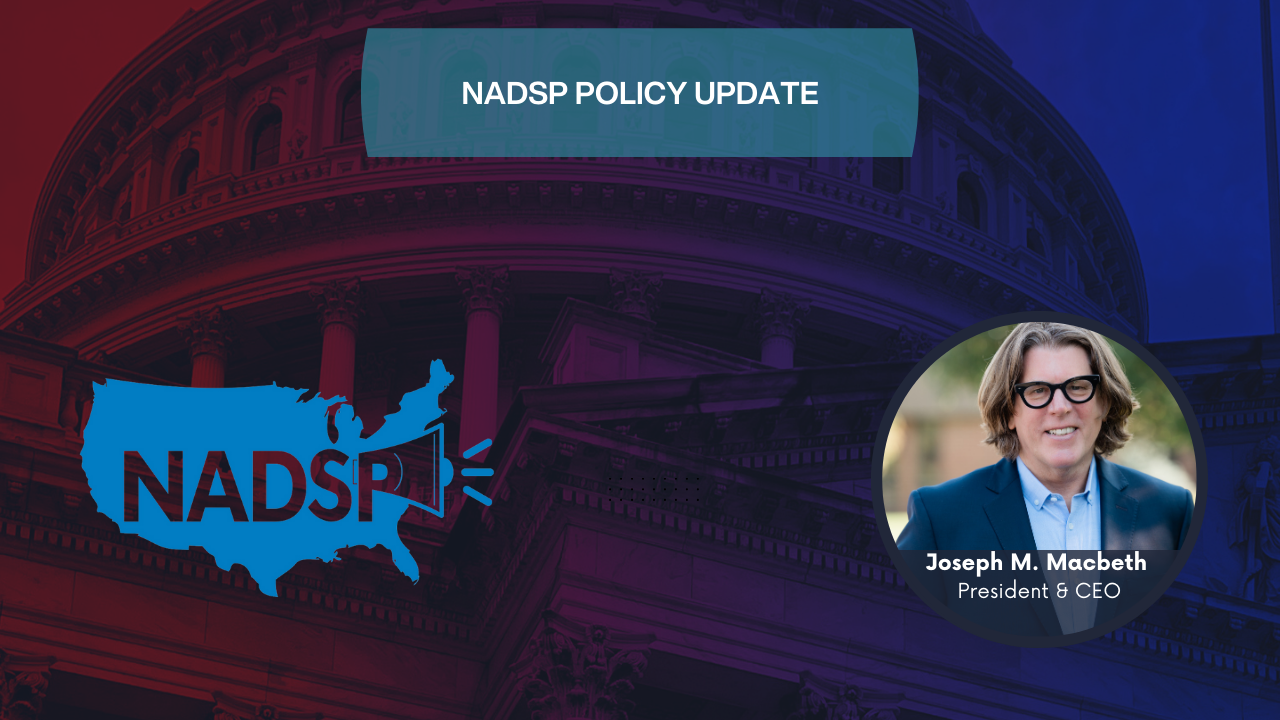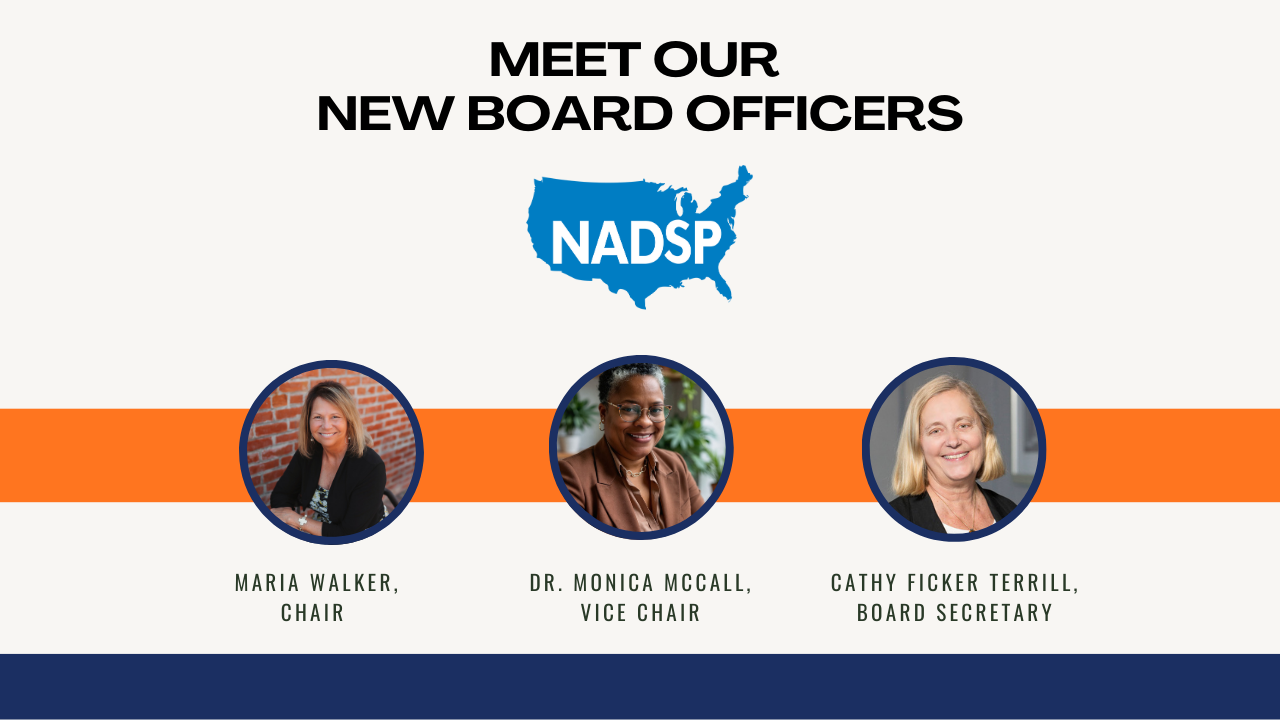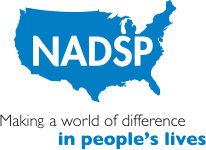
What Hurts Most About This Week’s Autism “Discovery”
Written by Gary Blumenthal, Public Policy and Communications Advisor
I’ve lived my whole life as the brother of Steven Phillip Blumenthal, a man with profound autism. Stevie to my family members, he is 68 now. Nothing is more painful than hearing people in power make grand pronouncements about autism that have no basis in science, often based on harebrained theories pulled out of some old conspiracy file. It’s painful.
This week, senior administration officials, stood together in the White House Roosevelt Room and announced they had finally figured out the cause of autism and urged expectant moms to vigorously refuse to take Tylenol, even if recommended by their trusted medical practitioner.
My mom and my sisters never sat around blaming somebody, or a vaccine, as the cause of Steve’s autism. We weren’t hunting for a villain. We were figuring out where we could live and where he could go to school – although in the 1960s, when Stevie was of school age, both Missouri and Kansas public schools laughed in my parents’ faces when we sought a public education for him. All we wanted was to help find a place where he could be safe and he could have a life of his own. That’s what most families do. They work really hard, day after day, to give their kid or their brother or sister a shot at a life with dignity.
I often think about the families I know who spend their lives advocating for better supports, services, and respect for their loved ones. Each family member is haunted by the realization that they won’t live forever and hope their son, daughter, or sibling will be safe after they die.
I think of people like:
- Judith Ursitti, Jack’s mom, who, along with other families, established the Profound Autism Alliance, turning her energy into building something real for families.
- The Senator-Batchelder family — Susan Senator has written books and columns, including ones in Psychology Today, about raising her son, Nat, with her husband, Ned. They spoke candidly about their frustrations, fears, and the exhausting search for better support and services. Sometimes they hit walls, and sometimes they find better supports through trial and error. Susan wrote about those journeys, providing other families with paths to explore and help their loved ones.
- Sue Lumsden Loring, who didn’t waste years blaming a shot for her son Ed’s challenges — she spent them helping other families, which is harder and braver.
- Sandi Shaffer in western Pennsylvania, who is too busy caring for her daughter Kate to waste a single breath on this week’s nonsense.
That’s what real families do. They don’t seek blame; they accept a mission in life to build a better world, while others wrestle with guilt, blame, and questions. That’s a human response, not one I would choose, but for some families, that’s how they explain their challenging lives.
What particularly galls me is these officials know that guilt is there; they know those questions are there, and they feed it. They prey on it. They stoke it with phony answers that don’t even hold up to the light of day.
And the worst part is that for those most frustrated and exhausted, the reckless explanation seems the most viable one to believe. When you are fatigued, sad, and frustrated, grasping at straws may feel like the only answer that science has yet to explain fully.
And the irony, the bitter irony, is that while they pretend to be “friends” of the autism community, they’re busy tearing down the very things that keep us standing – Medicaid, employment programs, and community support systems.
The administration seems to reject easily found scientific data, like a 2024 Swedish study of two and a half million kids, which showed no link between Tylenol and autism. And then they continue to call out vaccines as dangerous despite decades of scientific proof that vaccines do not cause autism.
My friend and former colleague, Ari Ne’eman, now an assistant professor at the Harvard T.H. Chan School of Public Health, offered the best advice: the rise in autism diagnoses isn’t some new epidemic. It’s recognition. “What we are actually seeing,” Ari explained, “is a recognition of a population that’s always existed, but previously existed under other names, or in some cases, no name at all.” I take comfort in Ari’s analysis. Steve Blumenthal’s autism didn’t suddenly “appear” in 1957 because of Tylenol. His autism has been around for years, decades, and likely centuries before the discovery of Tylenol.
So when government officials tell us that autism “destroys families,” I feel deep anger. Autism didn’t destroy my family. It gave us focus and purpose. The lack of services made our lives more challenging, but we turned that challenge into advocacy for Steve and others. Ignorance and disinterest from leaders made it harder. But my brother’s life is not a tragedy. My family’s devotion is not a pity story. It’s our life.
What families don’t need is more junk science and looking for someone to blame. We need supports that stay in place. We need research that explores the effectiveness of various therapies, the factors that facilitate effective communication, and strategies to enhance the quality of life. We need Medicaid whole, not hollowed out. We need leaders who see autistic people as people, not as some problem to erase with a magic cure. We need to listen to autistic people, first and always.
I think about my brother and other families like mine, who give hope to others while enduring the difficult moments in their lives when they feel alone. I think about the Ursittis, the Senator/Batchelders, the Lorings, the Shaffers. Real families who roll up their sleeves often lose their spouses, homes, or base of support while they do the hard work.
And that’s why the misinformation from this Administration stings so much.
You May Also Be Interested In …

NADSP Policy Update: Federal Funding Update: FY2026 Appropriations and Potential Shutdown

NADSP Policy Update: Bipartisan Proposal Aims to Protect Essential Education Programs

Empowering People In Making Their Own Choices

